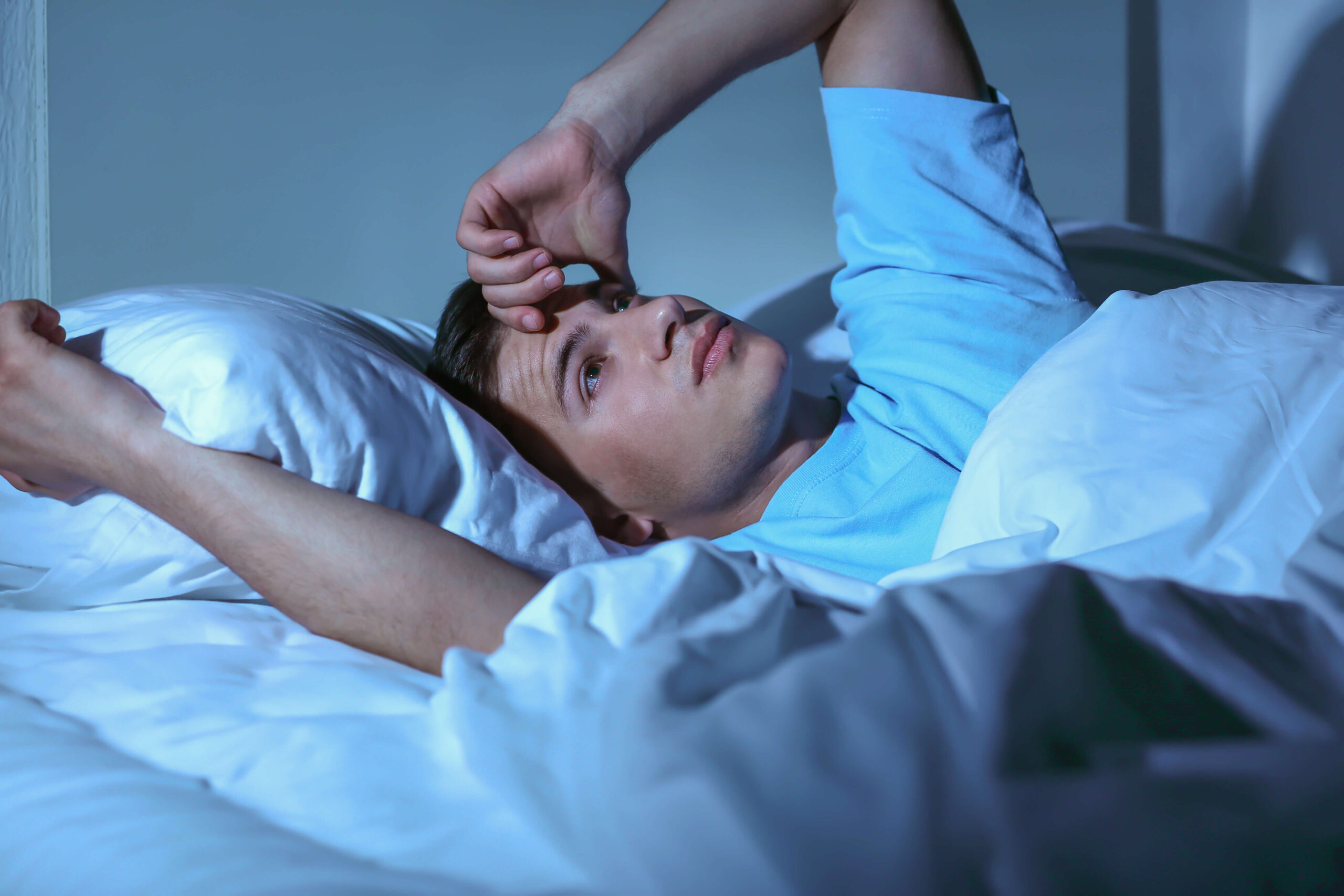What Are the Symptoms of Cocaine Withdrawal?
Cocaine itself does not produce any physical withdrawal symptoms although that does not mean that cocaine withdrawal is not dangerous. Thoughts of suicide, or even suicide attempts, are not unheard of. Here we will take a look at the symptoms of cocaine withdrawal as well as some treatment options and recovery strategies.

In this article
What Are the Symptoms of Cocaine Withdrawal?
Some of the more common cocaine withdrawal symptoms include:
- Deep Depression
- Anhedonia (reduced ability to experience pleasure)
- Extreme Fatigue and Lethargy
- Short Term Sleep Disturbance (usually sleeping much more than normal)
- Intense Cravings for Cocaine
- Clouded or Disorganized Thinking
- Restlessness or Irritability
These symptoms can be overcome with abstinence and appropriate medical assistance. After the worst symptoms have resolved and detox has been completed, the journey of recovery can begin in earnest.

How We Treat Cocaine Withdrawal Symptoms
The Summit Wellness Group understands the complex nature of cocaine addiction. We will work with our clients to craft a unique and personalized cocaine addiction treatment plan. We address the individual needs, concerns, and challenges each client faces in a one-on-one setting with our team. Some important considerations which will be relevant may include:
- Other drugs that may have been used
- The length of time someone used cocaine
- The amounts of cocaine used
- Any co-occurring mental health issues
- Possible physical health complications
- Someone’s commitment to their recovery
- Their current housing situation
- If someone is self-pay or insured
- Preference for inpatient or outpatient treatment
Everyone has a different story, background, and set of needs. Our customized treatment plans provide the best chance of recovery to anyone, regardless of their situation. We have worked with people from all walks of life to help them break free from the prison of addiction. Give us a call today and find out how our rehab centers in Georgia can help you begin your journey.
What Medications Reduce Cocaine Cravings?
During cocaine withdrawal, and for a time afterward, cravings and depression may persist. The brain will take time to return to normal function, but there are medications that can decrease the severity of these symptoms. For reducing cocaine cravings, some of the medications that used include:
- Naltrexone. This medication is used to treat alcohol and opioid cravings and has been used off-label to reduce cravings for cocaine.
- Propranolol. Originally a blood pressure medication. It can also help reduce anxiety.
- Tiagabine. An anticonvulsant that may reduce cravings.
- Modafinil. A medication used to treat narcolepsy. It may help treat the neurotransmitter deficiencies produced by cocaine addiction.
- Baclofen. A muscle relaxant that may reduce anxiety and also reduce cravings for cocaine.
- Disulfiram. A medication used to treat alcohol addiction, it may also reduce cravings for cocaine.
Medications are not the cure for cocaine addiction. When combined with abstinence, clinical therapy, and holistic addiction treatments they may greatly reduce the discomfort of withdrawal and help someone commit to their recovery. It takes time and effort to achieve sobriety, and medications can provide some support and aid. Many of these medications may only be used during someone’s stay at a detox center. Others may be continued for a time to manage severe symptoms.
Treating Post-Acute Cocaine Withdrawal
Aside from the effects of cocaine withdrawal, there are sometimes longer-lasting, chronic symptoms that may require medication to manage. Our clients will meet with a psychiatrist to develop and maintain a personalized psychiatric treatment plan depending on their individual needs. This will include an initial assessment, along with continued meetings to observe the effectiveness of the medication. Some of the most common types of psychiatric medication used may include:
- Anti-Depressants
- Non-Benzodiazepine Anti-Anxiety Medications
- Mood Stabilizers
- Opioid Antagonists (to reduce cravings)
- Sleep Aids (non-sedatives like melatonin or diphenhydramine)
Everyone has a unique set of needs and tolerances when it comes to medication. We take great care prescribing and monitoring our clients’ responses to medications. If someone does require medication, they will be fine-tuned through the course of treatment to provide the maximum possible benefit.
Overwhelmed? Not sure where to start? Call Us 24/7 at 770-299-1677
We’re Here To Help
Get help now
We’d love the opportunity to help you during this overwhelming and difficult process. Our sincere passion is helping people recover so that they can live full, meaningful, and healthy lives.
Call us 24/7 at 770-299-1677 or fill out our contact form and a member of our admissions team will contact you shortly.


